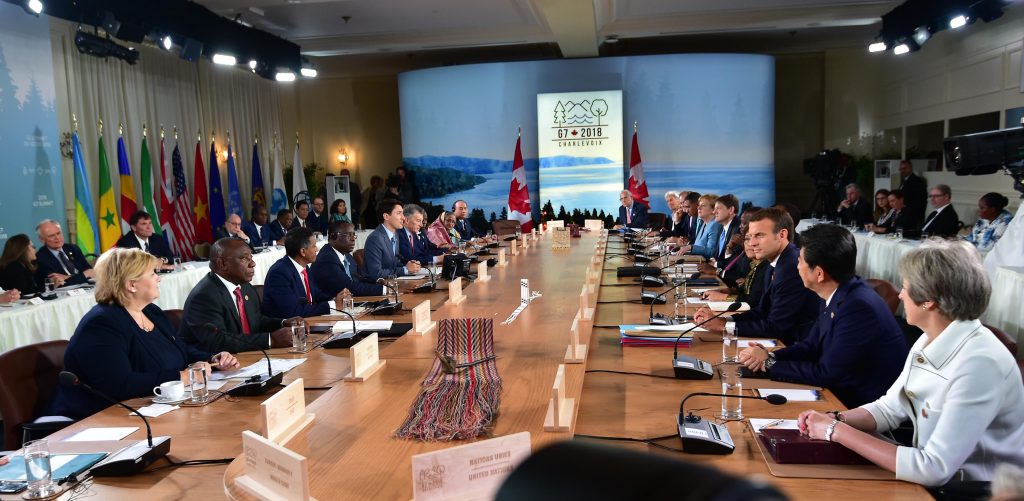G-7 ministers to seek 'collective' response to economic coercion

The trade ministers of the Group of Seven countries expressed “serious concern with economic coercion” in a meeting held online and said they would explore joint responses to it.
Such coercion is often imposed via trade and investment and “undermines economic security,” the ministers said in a statement issued after the meeting held late Tuesday, Japan time. They added they would “collectively” seek ways to counter such measures and mitigate their harm.
While the statement doesn’t mention China, it follows a campaign by the Biden administration to corral support from allies in lessening dependence on Beijing for key elements in supply chains, such as semiconductors. The moves have attracted condemnation from China.
Concerns about Beijing are set to loom large when Prime Minister Fumio Kishida hosts the annual summit of wealthy democracies in Hiroshima next month.
“It is important to demonstrate that the G-7 intends to work to jointly address such coercion,” Yasutoshi Nishimura, Japan’s minister for Economy, Trade and Industry told his counterparts, according to a statement on his ministry’s website. He added governments and industries should work together.
The ministers said in the statement they would enhance cooperation with “other like-minded partners” beyond the G-7 to increase “collective preparedness, resilience and deterrence to economic coercion.”
Last week, Japan announced it would step up controls on the export of a range of technology used in the production of high-end semiconductors, following a similar move by the Netherlands. While officials denied the measures were directed at a particular country, they apply to nations not on the list of Japan’s most-favored trading partners, which include China.

